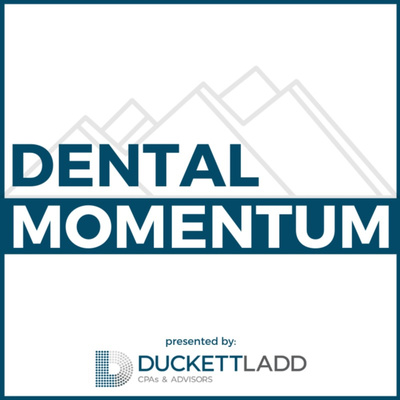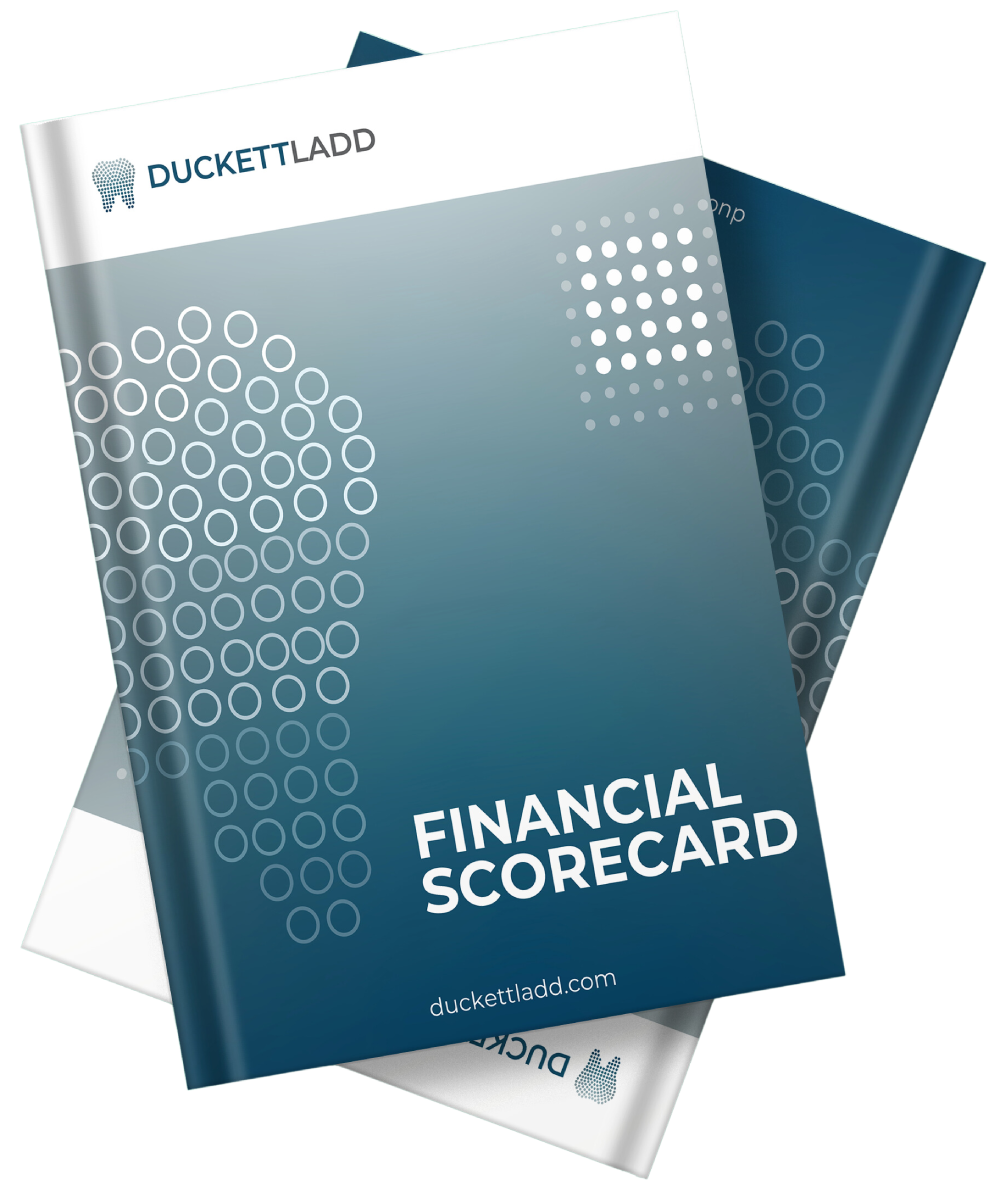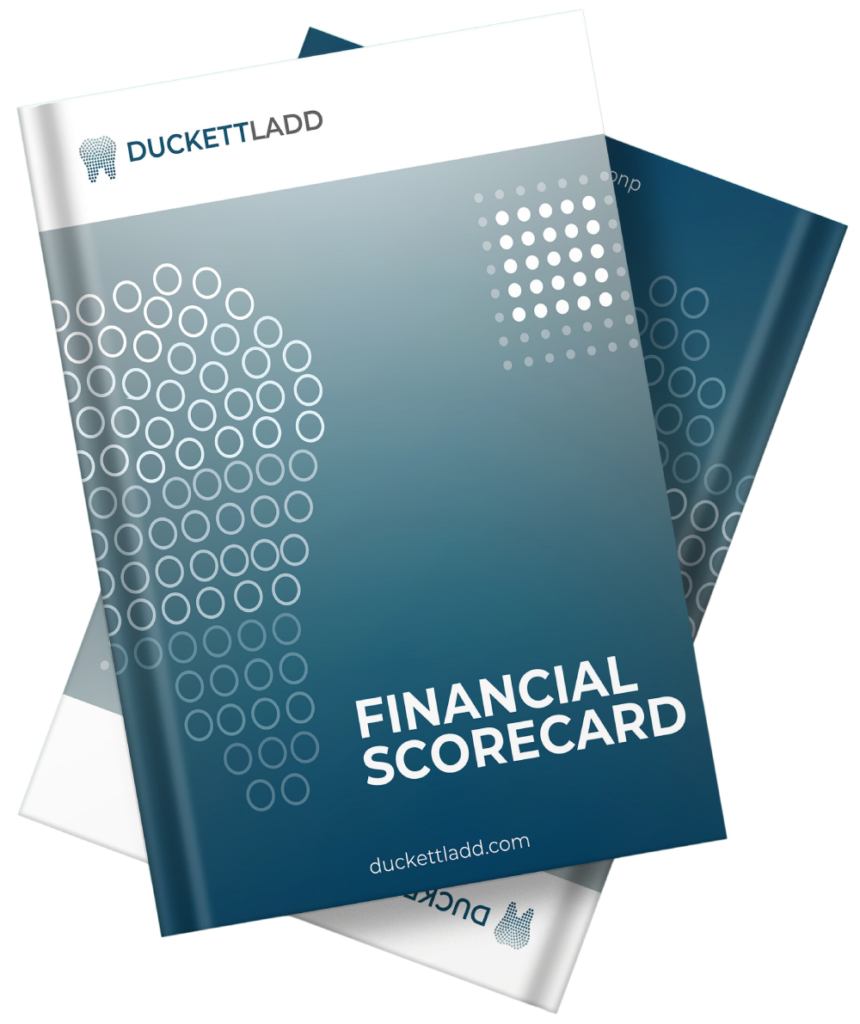As a dentist, your primary focus is on promoting oral health and creating beautiful smiles; however, managing your finances and navigating taxes is equally important to ensure the financial health of your practice. With tax season behind us, now is the perfect time to adopt a proactive approach to minimize stress and maximize savings. Here are ten tips to help you stay ahead of the game:
- Stay Organized Year-Round: Maintain meticulous records of your expenses, income, and receipts throughout the year. This practice not only streamlines the tax filing process but also helps identify potential deductions and credits specific to your profession.
- Know Your Deductions: Familiarize yourself with tax deductions available to dentists. This includes deductions for equipment purchases, office supplies, continuing education courses, professional dues, and even meals with colleagues to discuss business matters.
- Maximize Retirement Contributions: Take advantage of retirement plans such as a 401(k) or IRA. Contributions to these accounts not only help secure your financial future but can also lower your taxable income, reducing your overall tax burden.
- Invest in Tax Planning: Consider consulting with a tax professional specializing in dental professionals. They can provide personalized tax planning strategies tailored to your specific circumstances, helping you optimize your tax situation and minimize liabilities.
- Keep Up with Regulatory Changes: Tax laws and regulations are subject to frequent changes. Stay informed about any updates or amendments that may affect your tax situation, and adjust your financial strategies accordingly.
- Utilize Technology: Invest in accounting software or hire a professional accountant who utilizes technology to streamline tax preparation and ensure compliance. Automation can save time, reduce errors, and provide valuable insights into your practice’s financial health.
- Plan for Estimated Taxes: Dentists who are self-employed or own their practice are typically required to pay quarterly estimated taxes. Failure to do so can result in penalties and interest charges. Work with your accountant to calculate and plan for these payments throughout the year.
- Review Your Entity Structure: Evaluate whether your current business structure is the most tax-efficient option for your practice. Depending on your circumstances, incorporating as an S corporation or forming a partnership may offer tax advantages worth exploring.
- Document Continuing Education Expenses: As a dentist, continuing education is essential for maintaining licensure and staying updated with advancements in the field. Keep detailed records of your educational expenses, as they may be tax-deductible.
- Stay Proactive Beyond Tax Season: Make tax planning and financial management a year-round priority. Regularly review your practice’s financial performance, adjust your budget as needed, and identify opportunities for growth and savings.
By adopting a proactive approach to tax season and financial management, you can alleviate stress, minimize tax liabilities, and focus on what truly matters – providing exceptional care to your patients. Remember, investing time and effort into your practice’s financial health today can yield significant dividends tomorrow.








